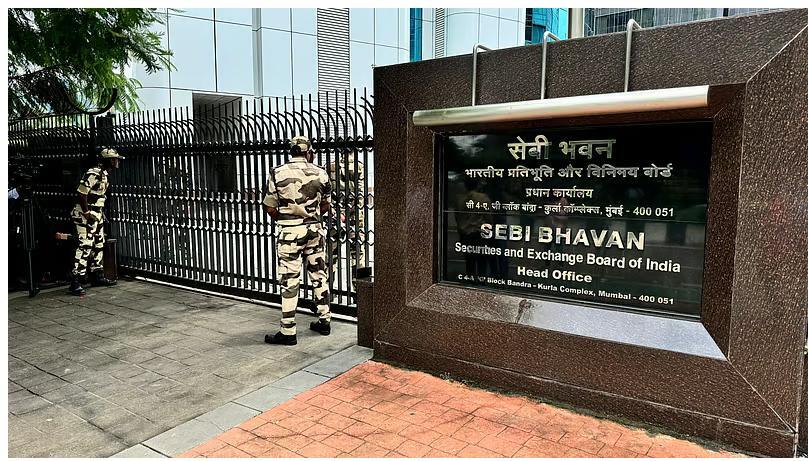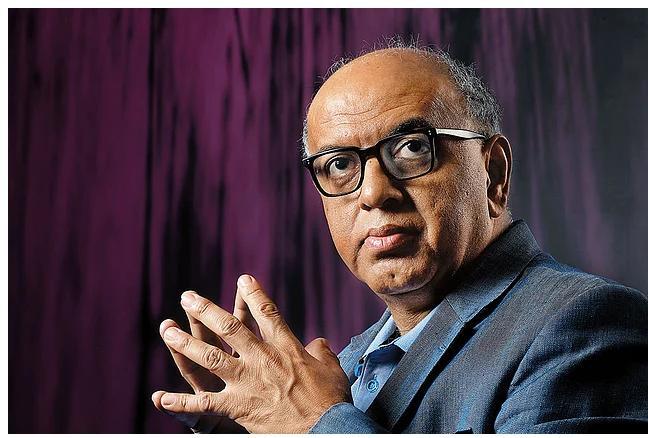
SEBI May Discuss Suitability Test for Retail F&O Investors: Report
The Securities and Exchange Board of India (SEBI) is taking steps to ensure that only eligible retail investors engage in futures and options (F&O) trading. According to a report by NDTV Profit, SEBI’s Secondary Market Advisory Committee is likely to discuss a suitability test for retail F&O investors. The goal of this exercise is to assess the knowledge and financial capabilities of retail investors before they start trading in F&O.
The report suggests that the suitability test would help curb excessive volumes in the F&O segment, which has been a concern for market regulators and experts. Excessive trading volumes can lead to market volatility and increased risk for investors. By ensuring that only eligible traders engage in F&O, SEBI aims to protect investors and improve market standards.
The suitability test is part of SEBI’s broader efforts to strengthen investor protection and promote market transparency. Over the past few years, the regulator has taken several measures to improve market discipline and reduce the risk of market manipulation. These measures include strengthening the Know-Your-Customer (KYC) norms, implementing stricter surveillance measures, and increasing transparency in market transactions.
The suitability test is expected to be a comprehensive exercise that would assess the investor’s understanding of F&O products, risk appetite, and financial capabilities. Investors would need to demonstrate a certain level of knowledge and sophistication before they are allowed to trade in F&O. This would help reduce the number of inexperienced investors who may not fully understand the risks involved in F&O trading.
Experts believe that the suitability test would benefit both retail investors and the market as a whole. For retail investors, the test would help them understand their own risk tolerance and financial capabilities, which would enable them to make informed investment decisions. For the market, the test would help reduce the risk of excessive trading volumes and market volatility, which would promote a more stable and orderly market.
However, some experts have raised concerns that the suitability test could be intrusive and may not be effective in preventing excessive trading volumes. They argue that the test should be designed to balance investor protection with the need for market efficiency. The test should be simple, easy to understand, and not overly burdensome for investors.
SEBI has been working to improve market discipline and reduce the risk of market manipulation. In recent years, the regulator has taken several measures to strengthen market surveillance, including increasing the frequency and scope of market monitoring. SEBI has also implemented stricter norms for brokers and other market intermediaries to ensure that they comply with market regulations.
In addition to the suitability test, SEBI has also been exploring other measures to improve market discipline and reduce the risk of market manipulation. These measures include strengthening the KYC norms, implementing stricter surveillance measures, and increasing transparency in market transactions.
The suitability test is expected to be discussed by SEBI’s Secondary Market Advisory Committee, which is a high-level committee comprising experts from the financial industry and academia. The committee is responsible for advising SEBI on matters related to secondary market regulation and development.
In conclusion, SEBI’s plans to discuss a suitability test for retail F&O investors are a positive step towards improving market discipline and reducing the risk of market manipulation. The test would help ensure that only eligible investors engage in F&O trading, which would promote a more stable and orderly market. While there may be concerns about the effectiveness of the test, SEBI is likely to take a balanced approach that balances investor protection with the need for market efficiency.
Reference:






